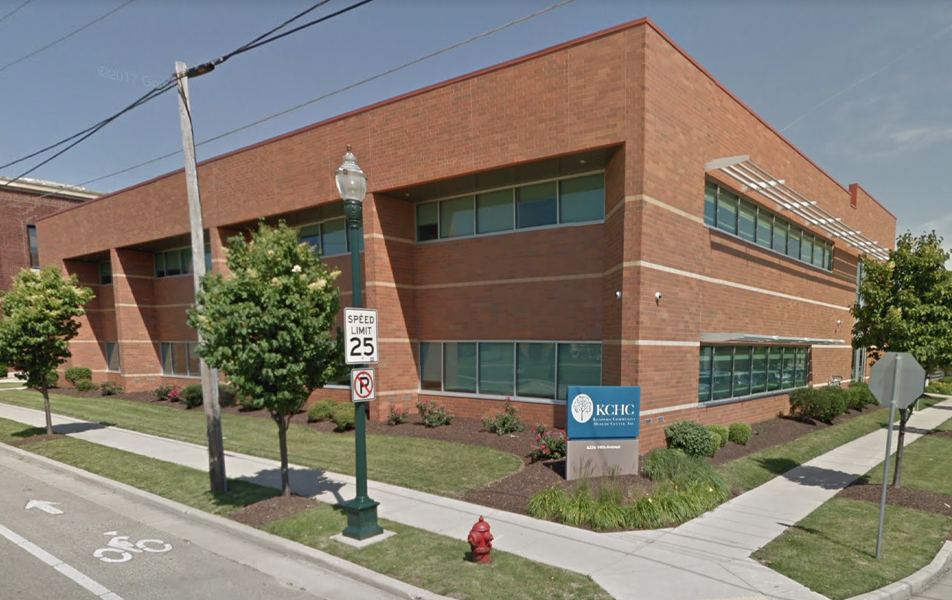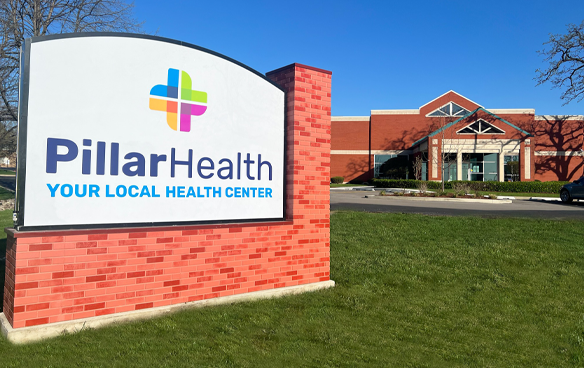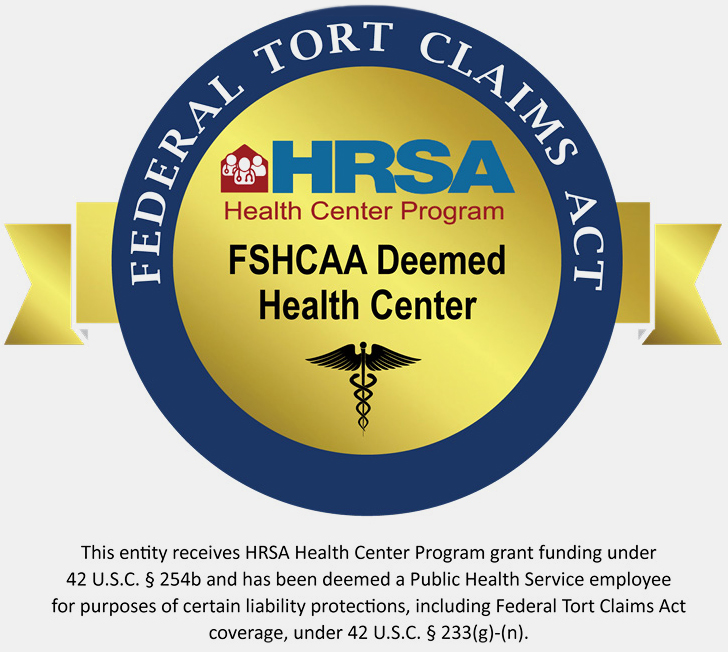
Here are five ways in which drug and alcohol can affect your mental health.
When is the last time you talked to a healthcare provider about your drug and alcohol usage? Do you turn to alcohol or drugs to self-medicate? At the Kenosha Community Health Center, our goal is to help every patient #BeWell and to provide education to our community that helps each member make healthy choices.
WHAT CAN YOU DO?
Now that you know how drugs and alcohol can affect your mental health, the next step is to reflect on your habits regarding these substances. Maybe, even if you think you are consuming them responsibly, they might be actually affecting your mental health.
Mental health and substance abuse are treatable. Please contact us at (262) 656-0044 to set up an appointment with a medical professional to discuss how we can help you #BeWell.
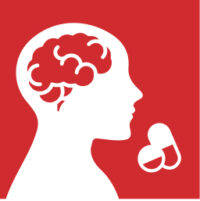
1. How Drugs Affect Your Brain
The brain is the most complex of all body organs. It regulates and coordinates every single process in your body through a communication system in which neurons pass messages back and forth among different structures within your brain and other parts of your body. What drugs do is they interfere with the way neurons normally send, receive, and process information. Depending on the type of drug, it affects a different part of the brain. And though you might feel momentary pleasure, the side effects can be permanent. Some of these effects include impaired learning and cognitive function, memory loss, lack of self-control, among others.
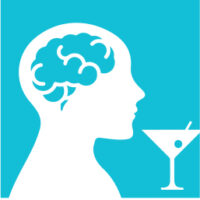
2. How Alcohol Affects Your Brain
Just like drugs, alcohol disrupts your brain’s communication system. While alcohol can initially make you feel energized, happy and inhibited, it actually works as a nervous system depressant, which you can witness when after a few drinks, you start having trouble coordinating your movements and speaking fluently. Alcohol abuse has long-term effects on both your physical and mental health such as liver damage, cancer, cognitive impairment, memory loss, psychosis, anxiety, and depression.
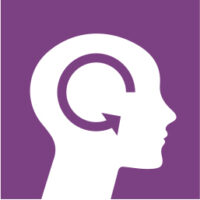
3. How Substances Affect Your Memory
Sometimes when you drink too much, the next day, you have trouble remembering some parts of the night. People might even tell you what you said or did, and you still have no recollection whatsoever of these events. These “blackouts”, as they are often referred to, are an indication that you are drinking too much—and though experiencing one doesn’t mean that your brain cells associated with memory are damaged, frequent heavy drinking can actually damage your memory cells permanently.
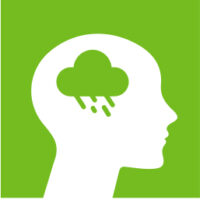
4. Relationship Between Substances and Anxiety and Depression
There is a direct correlation between substance addiction and these mental illnesses, which means substance abuse can be what triggers anxiety and depression, but having anxiety and depression can lead to becoming addicted to drugs and alcohol. According to the American Psychiatric Association, depression is an illness that causes feelings of deep sadness and loss of interest in activities you used to enjoy. If not treated, it can cause problems in your personal life, relationships, work, or school. Anxiety is when you frequently have intense, excessive, and persistent worry and fear about everyday situations. These feelings are hard to control and out of proportion to the actual danger. These illnesses can trigger substance consumption as a way of self-medication in an attempt to feel better. But, in reality, as soon as the effects of the substances pass, the person is usually left feeling bluer than before, which can lead them to consume again and eventually create a dependency.
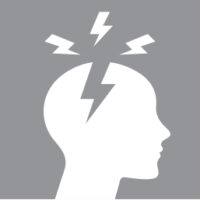
5. Substances Can Cause Stress
We often use alcohol, sometimes even drugs, to cope with the daily stress in our lives. While there is nothing wrong with having a glass of wine every once in a while after a long day, frequent alcohol and drug consumption as a way of dealing with stress can actually be counterproductive. Even if you feel relaxed for a couple of hours after using a substance, when the effect passes, you have to face the same stress again, which can lead you to use again, creating a vicious cycle. Also, think about it, when you’re drunk or high, you tend to make bad decisions, such as maxing your credit card, getting involved with someone you shouldn’t have and ruining a relationship, getting into a physical fight, etc. As soon as the effects of the substance go away, you have to face these situations, which, obviously, will leave you feeling more stressed.
Do not wait to schedule your appointment.
Kenosha Community Health Center has many appointment options in Kenosha and Silver Lake to meet your needs.
Schedule An Appointment

